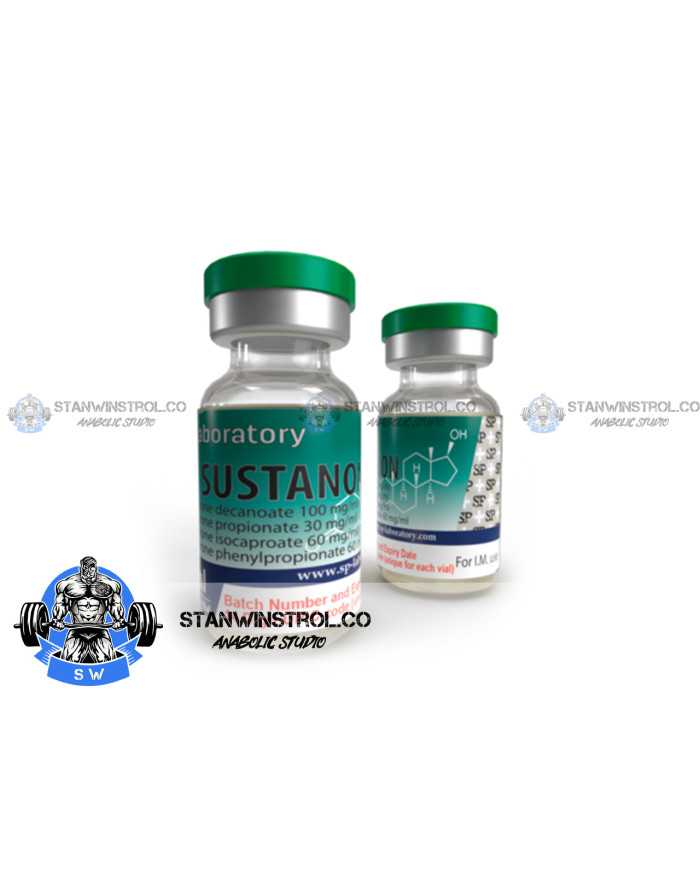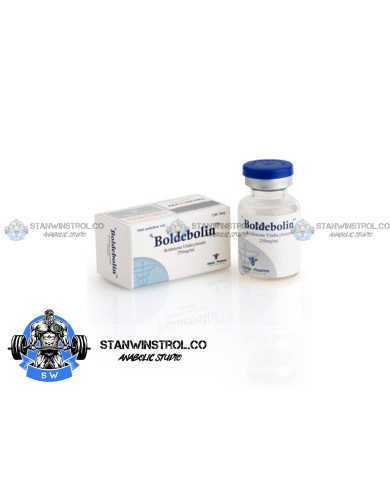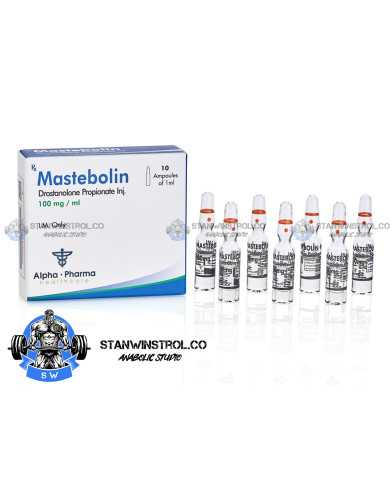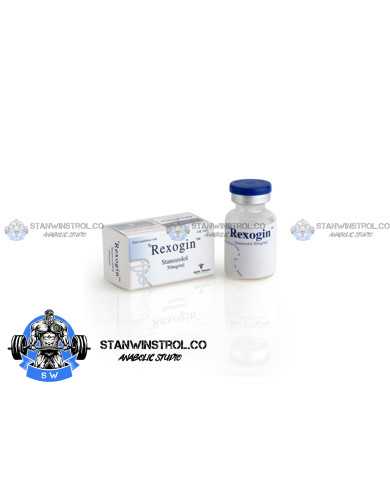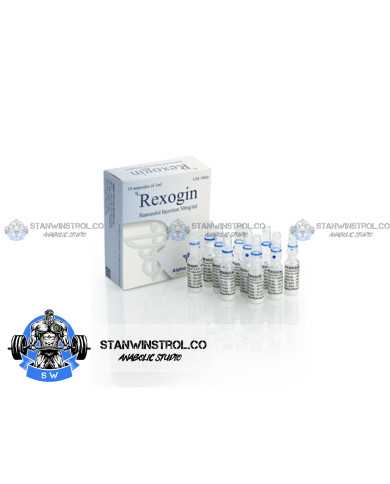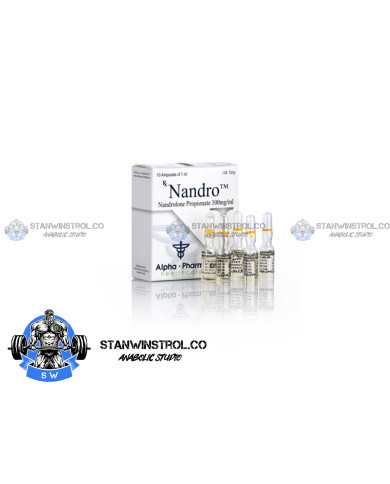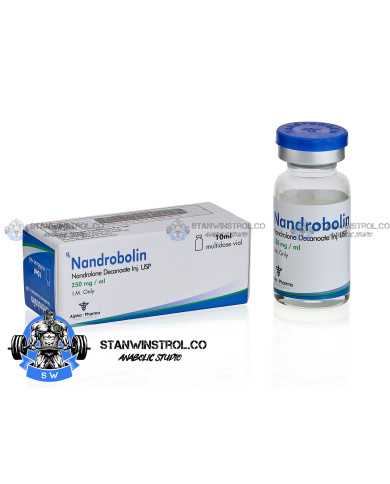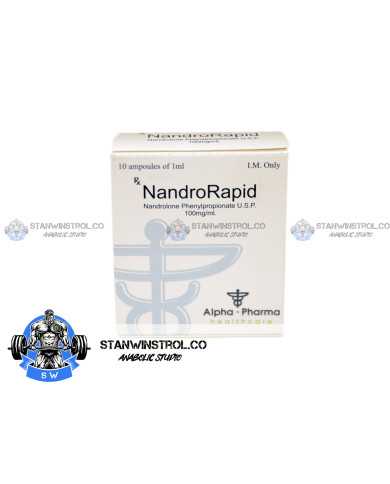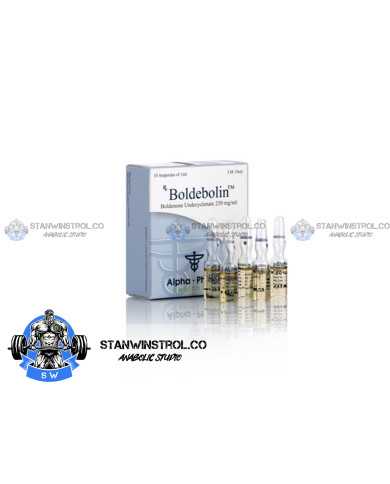Indication:
In men Sustanon is administrated to treat androgenic deficit after castration, eunuchoidism, hypopituitarism, provenance hormonal impotence, male climax symptoms (decreased libido and physical and intellectual activity), some forms of infertility with impaired spermatogenesis, osteoporosis caused by androgen insufficiency. In women, Sustanon is used to treat high levels of estrogen, uterine myoma; endometriosis; breast cancer; osteoporosis.
Contra-indications:
Sustanon is not indicated to be used in individual hypersensitivity to the drug, prostate and breast carcinoma; prostate hyperplasia along with disorder symptoms of urination; nephrosis or the nephrotic phase of nephritis, edema; hypercalcemia; disturbances of liver function; diabetes; heart failure or coronary, myocardial infarction, atherosclerosis in elderly men; pregnancy, lactation.
Administration:
Sustanon is administered by deep intramuscular injection. The dosage is determined individually depending on the indication and the patient's responsiveness.
Typically, to adults is administered intramuscularly 1 ml once in 14 days; when a therapeutic effect is achieved, Sustanon is administered 1 ml intramuscular once in 28 days. The length of the treatment is determined individually.
In male sterility (azoospermia, oligospermia) 2 ml 1 time in 2 weeks (at the appearance of painful erection the treatment is discontinued).
In breast cancer in women: 1-2 ml every 1-2 weeks during the treatment period.
The drug is not administered intravenously!
Medical action:
Sustanon is composed of three esters of testosterone (propionate, phenylpropionate, isocaproate and decanoate).
Testosterone is the primary androgen hormone synthesized and released by the testes. It is responsible for the growth and development of male sex organs and secondary sexual characteristic features (maturation of prostate, seminal vesicles, penis and scrotum), male hair distribution (face, groin, chest) develop laryngeal muscles and body fat distribution. Retains nitrogen, sodium, potassium and phosphorus, increases anabolism and decreases protein catabolism. The premature increase in serum testosterone in prepubertal period causes stunted growth and epiphyseal closure. It stimulates the production of red blood cells and erythropoietin. The feedback mechanism inhibits the pituitary secretion of luteinizing hormone and follicle and causes suppression of spermatogenesis.
In women, Sustanon inhibits the pituitary gonadotrophic function, ovarian function, mammary glands, endometrial atrophy. Due to the antagonistic action of estrogen is useful in the treatment of uterine myoma, endometriosis, breast cancer. Manifests beneficial effect in Climacteric period.
Precautions:
In case androgen-dependent adverse reactions happen it is necessary to discontinue the preparation. After the disappearance of adverse reactions repeat the treatment with lower doses.
Patients with latent or overt cardiac failure, impaired renal function, hypertension, epilepsy or migraine (or a history of these conditions) will be under constant supervision because androgens may cause sodium retention and in some cases water. In long-term treatment liver function should be monitored. In breast cancer patients, hypernephroma, lung cancer, bone metastases, calcium level needs to be controlled in the blood and urine. In prepubertal adolescents, this drug should be given with caution to avoid stopping the growth and premature puberty.
Side effects:
• Priapism and other sexual hyperstimulation symptoms (frequent erection);
• prepubertal age teenagers - accelerate sexual development; increased frequency of erections, increased sexual organ in size, premature epiphyseal closure;
• impaired spermatogenesis and sperm maturation disorder, oligospermia and reducing the volume of ejaculate;
• abnormalities of the prostate;
• women - bleeding from the genital tracts, increased libido; Prolonged administration of virilization symptoms are possible;
• hirsutism, gynecomastia;
• seborrhea, acne, oily skin, hair loss;
• water and sodium retention, edema;
• symptoms of hypercalcemia;
• thrombophlebitis;
• Nausea, cholestatic jaundice, increased liver transaminase levels (normalized to discontinuation);
• headaches, depression, aggression, anxiety, sleep disorders, paresthesias, a possible pain, itching and redness at the injection site.
Overdosage:
Seek medical help if an overdosage situation happened.
Reviews
No customer reviews for the moment.


